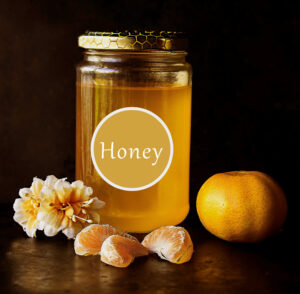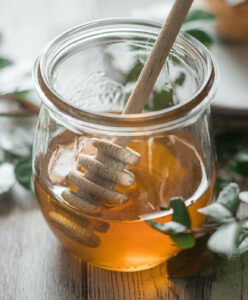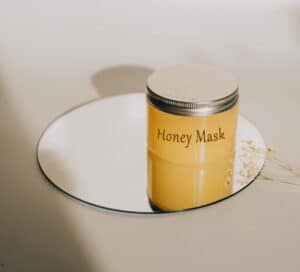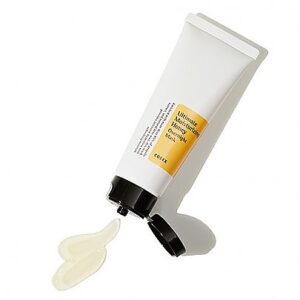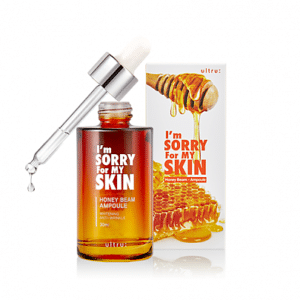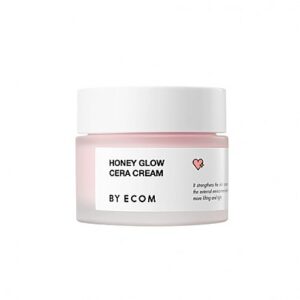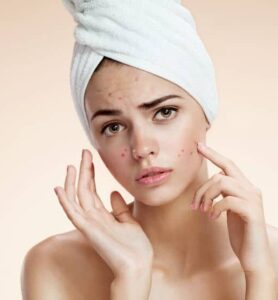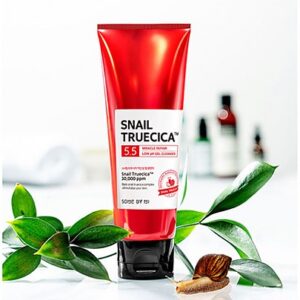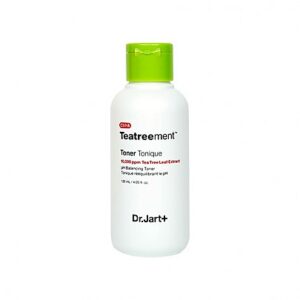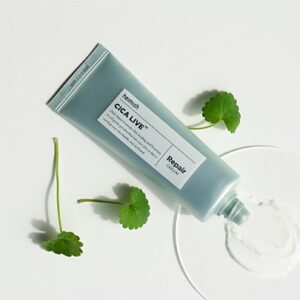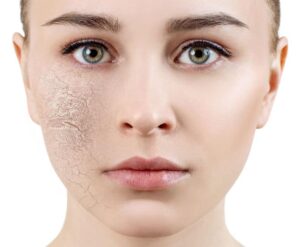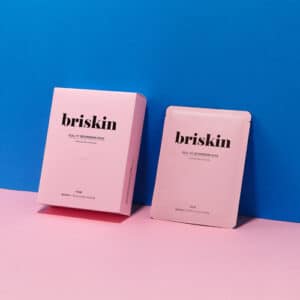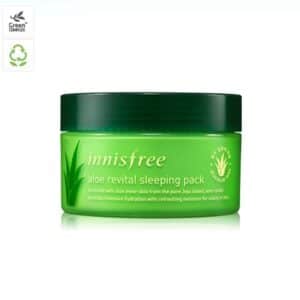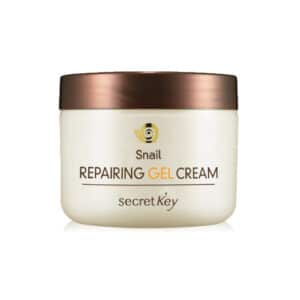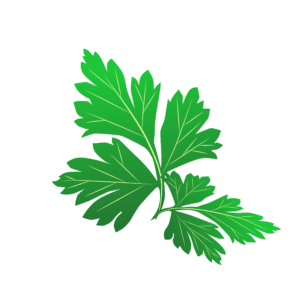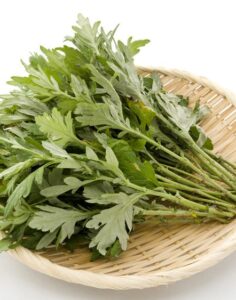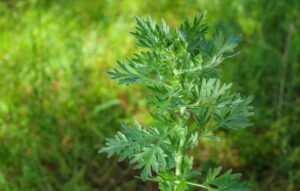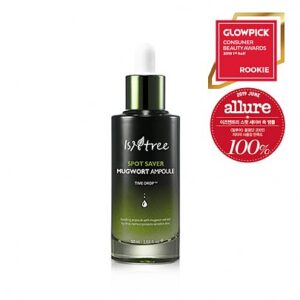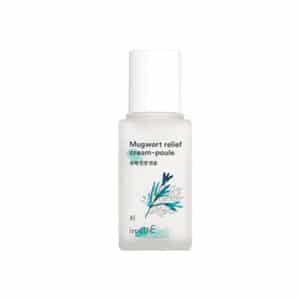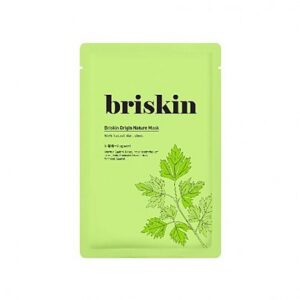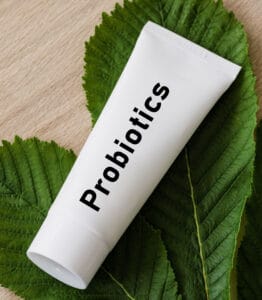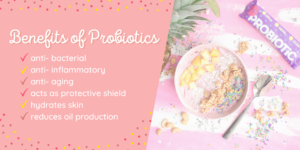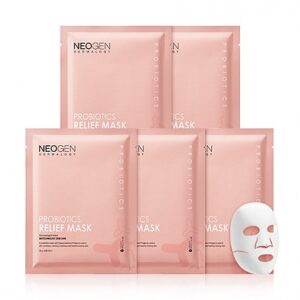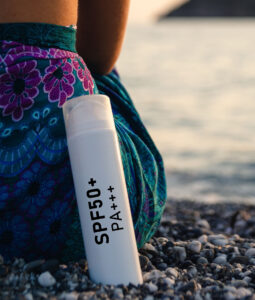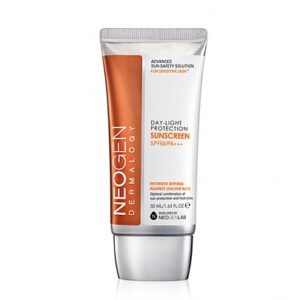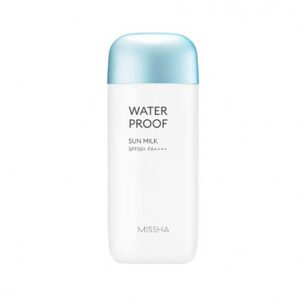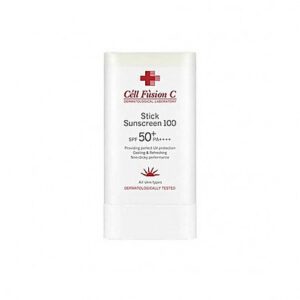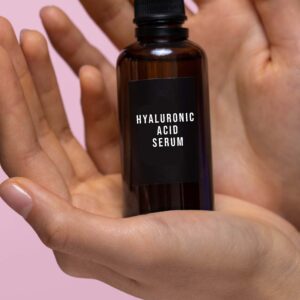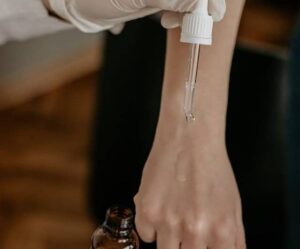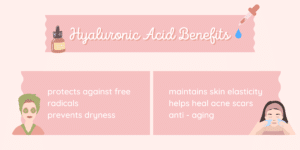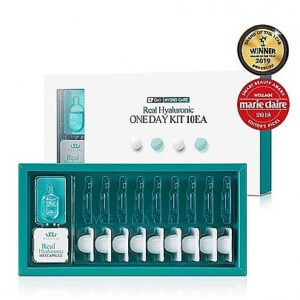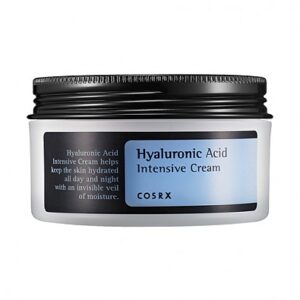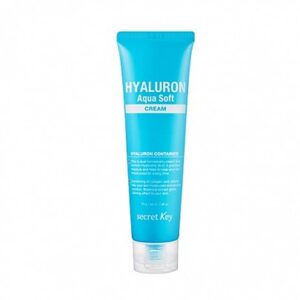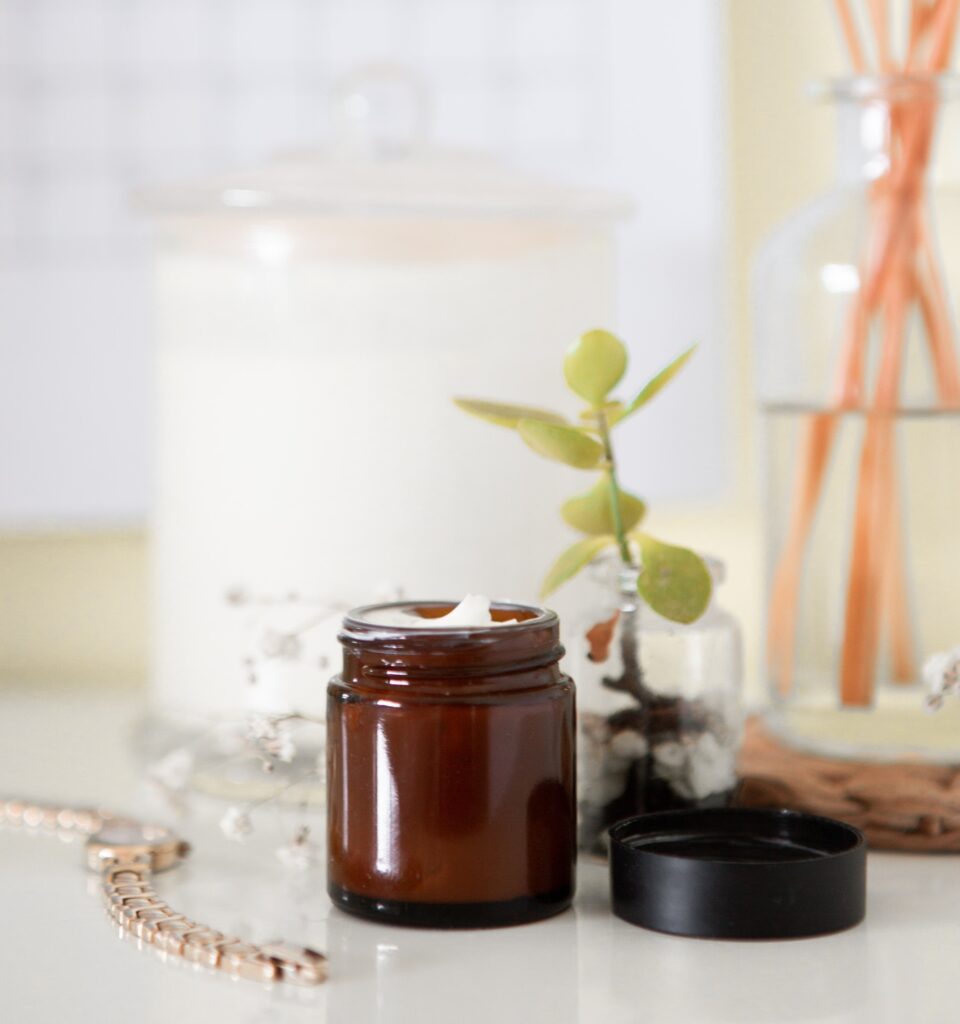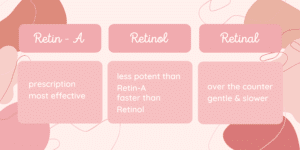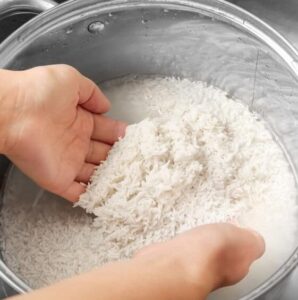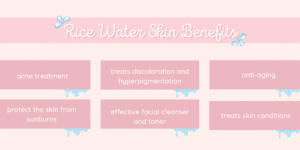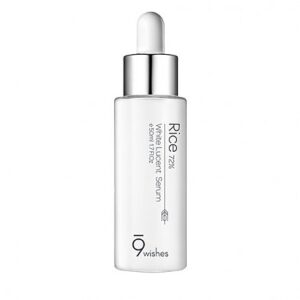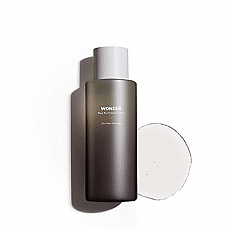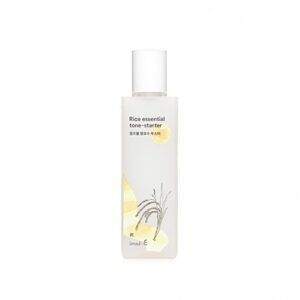Fungal Acne : Common Yet Unknown
Fungal acne is a common type of skin problem. It can occur to anyone with no significant skin issues.
When the skin lost its balance of having good bacteria, fungus infection would likely occur and people with a weak immune system are more likely to develop fungal acne.
Fungal acne appears as white-yellow, itchy bumps that are most commonly found on the face are on the T-zone, nose, forehead, and chin. Fungal acne can also grow anywhere else such as on the neck, back, and chest. A high level of yeast will cause inflammation and will appear on the skin as pus bumps.
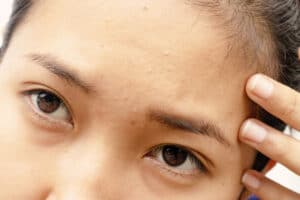
When treated at the right time, it can give long-lasting effects. In more severe cases it can leave dark spots behind. The dilemma of fungal acne is that it is often mistreated or remain unrecognized.
Most of the time, people ignore it and take it as a season infection which later turns out to be something else. Fungal acne comes in the form of breakouts which eventually become stubborn for a long time. Fungal acne gets even worse as it thrives in hot and humid weather.
Fungal Acne Vs Bacterial (Normal) Acne
- Bacterial Acne
Bacterial acne is caused by blocked pores filled with oil, and dead skin cells due to the overproduction of sebum from the sebaceous gland. At the point when bacterias start to develop in obstructed follicles, it eventually causes pimples, whiteheads, blackheads, and acne.
Hormones, oral contraceptives, diet, condition, and a scope of different circumstances can prompt the advancement of bacterial acne. Washing your face with over-the-counter medicines, guaranteeing you eat a sound eating regimen, and washing off cosmetics by the day’s end can all assist to treat bacterial acne. A dermatologist can likewise help if the condition is severe.
Bacterial acne often appears different in sizes.
- Fungal Acne
Albeit fungal acne has been regarded along these lines, it is brought about by an overgrowth of yeast that inflames the hair follicles and causes pimple-like knocks. This yeast loves to feed on oil and thrives on sweat. The specialized name for fungal acne is Malassezia folliculitis or pityrosporum folliculitis.
Fungal acne appears uniform in size and is often itchy.
Conditions That Aggravate Fungal Acne On Face
The yeast that causes skin inflammation is found in each human body. In any case, it is increasingly predominant among youths, perhaps because of the expansion underway of sebum (characteristic oils) in the sebaceous organs during adolescence. Here is a portion of the principal triggers for contagious fungal acne breakout:
- Excessive perspiring can cause contagious skin to break out. Henceforth individuals living in hot and moist atmospheres are increasingly inclined to it as the yeast blossoms with sweat
- Lack of facial hygiene may cause it
- Use of facial products that contain oil, esters, polysorbates, fatty acids, ferments, galactomyces (yeast ferment)
- Use of anti-microbials (effective or oral) and immunosuppressants are likewise a reason
How To Know That You Are Developing Fungal Acne?
It is always better to catch the fungus in the early stages to prevent further complications. A couple of things can educate you that you’re developing fungal skin break out. Your skin inflammation doesn’t react to over-the-counter or bacterial acne breakout medicines. But it exacerbates the issue.
The best way to know without a doubt whether your skin inflammation is fungal or bacterial is to have your dermatologist get an example of the surface skin cells and test them. Try not to stress — it takes a couple of moments and it’s effortless. While you’re hanging tight for answers, you can explore different avenues regarding over-the-counter and normal approaches to battle growth in your body.
Other Fungus Related Conditions On The Skin
While fungal acne is the most common yeast triggered condition on the face and other parts of the skin, people with yeast overgrowth may also experience other skin conditions such as dandruff, Tinea Versicolor, psoriasis and seborrhoeic dermatitis.
Treating Fungal Acne
- Use dandruff shampoo to clean the face or areas that have fungal acne
As dandruff is also caused by the Malasezzia yeast, the ingredients in dandruff shampoo may help. The ingredients contain in dandruff shampoo are ketoconazole, zinc pyrithione, climbazole, and selenium disulfide. A word of caution, these ingredients may cause dryness. Thus, it is advisable to apply safe hydrating products once the skin condition is improved.
- Use products that do not aggravate fungal acne
Avoid using facial products that contain esters, polysorbates, fatty acids, ferments, and oils. As fungal acne feeds on oil from sebum production as well as other external oil applied on the skin.
There is some exception for the oils which are safe for use without worsening the fungus infection. These include MCT oil (caprylic/capric triglycerides), mineral oil, and squalane oil. However, it is advised only to use oil if necessary. It is better to avoid any form of oil when dealing with fungal acne.
Fungal Acne Treatment Concerning Diet And Eating Habits
- Cut sugar and go low-carb. Yeasts and organisms love sugar and straightforward carbs that convert to sugar in your body. If you starve them, they won’t stay nearby for long.
- Equalization of your gut microbiome. Your microbiome in your gut adjusts the microbiome in different pieces of your body, including your skin. Keep your gut in balance, and the gainful life forms wherever else will remain upbeat.
- Get some information about oral antifungal medicine. Consult your doctor in this regard to make the effects lessen in intensity
Dos and Don’ts In Facial Skin Care Steps That Keeps Fungal Acne At Bay
Dos
- Cleansing is important to clear dirt and sebum from the face. As fungus fit on sebum and oil, cleansing is important to reduce fungal acne.
- Exfoliating is necessary to eliminate dead skin cells. Which is crucial so that there are no clogged pores and sebum
- Use low pH toner as fungi tend to live better in a more alkaline environment
- As some of the products used to solve the fungal acne may cause the skin to dry, it is important to hydrate the skin again. The use of a lightweight moisturizing gel or a balanced BHA & AHA mask is the right choice
Don’ts
- Don’t use skin care products with harsh chemicals
- Don’t use ingredients that contain fermented ingredients
- Don’t use oily ingredients in skin care product
It does take some time for the elimination and you will need the patience to heal these tricky acnes.
Fungal Acne Safe Korean Products :
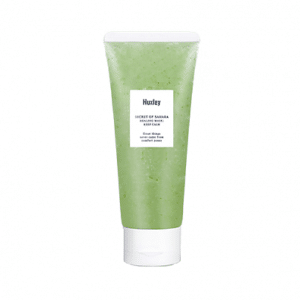
The Huxley Healing Mask Keep Calm calms, soothes and replenishes tiredness and stress skin. It provides sufficient moisture with fruit like pulp texture
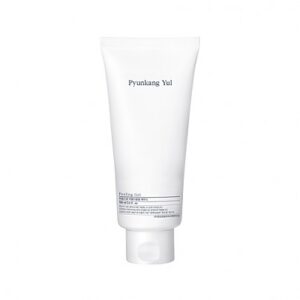
The Pyunkang Yul Peeling Pel gently exfoliates in removing impurities, dull skin, and excessive sebum that produces oil. At the same time moisturizes the skin.
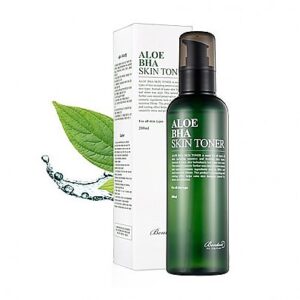
The Benton Aloe Propolis Soothing Gel helps hydrate the skin without being oily. It is unscented and transparent. Suitable for sensitive and oily skin.
